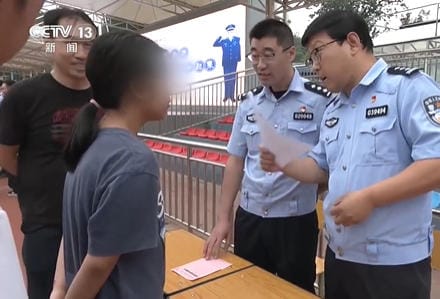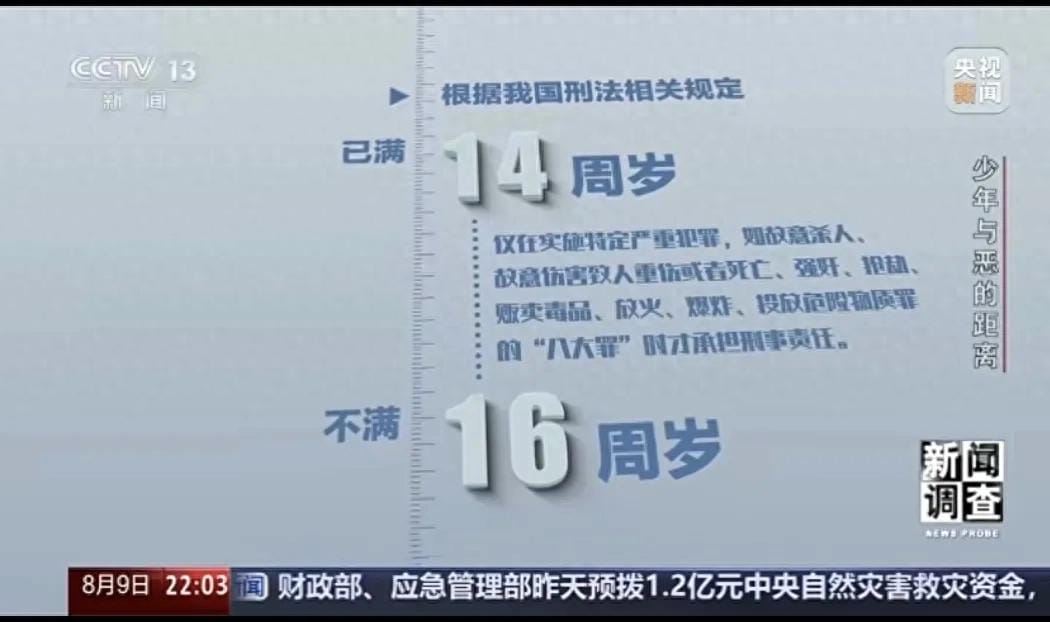Juvenile Delinquency and Legal Reforms in China
China is tackling growing youth crime with legal reforms that balance stricter punishments and rehabilitation for juvenile offenders.

The Rising Challenge of Juvenile Crime in China 😠
In recent years, a disturbing trend has emerged across China: teenagers increasingly exploiting legal loopholes to evade serious consequences for criminal acts. Take the shocking case of Xiaomin, a 15-year-old girl who committed over 20 offenses ranging from extortion to assault, and boldly taunted the police by saying, "Criminal law cannot touch me!" This spunky attitude stems from the previous legal safeguard that individuals under 16 were often exempt from criminal responsibility, inadvertently turning the law meant to protect minors into a shield for wrongdoing.
Such brazen acts did not stop here. A 14-year-old boy in Beijing committed robberies twice and mocked the arresting officers, confident his age would guarantee freedom. This bold defiance frustrates law enforcement officials who feel hamstrung by the existing legal framework. As one officer lamented, "When the law is powerless against minors, their arrogance becomes the norm." 😡

Legal Reforms Set to Change the Game in 2025
Thankfully, these alarming cases are sparking much-needed changes. China will implement the revised Law on Public Security Administration Punishments in June 2025, introducing tougher rules for juvenile offenders aged 14-16 who commit more than one offense within a year. Instead of automatic immunity, persistent delinquents may face detention, and even first-time offenders could be punished if their actions are severe—such as using weapons or conducting repeated extortions.
This shift aims to close the gap between protecting minors and enabling criminal behavior. No longer will minors be able to act with total impunity; the law intends to make them accountable while simultaneously offering a path to rehabilitation.

Balancing Punishment and Rehabilitation 🤝
The reforms take a dual approach centered on punishment + rehabilitation. Mandatory admonishment, psychological counseling, and family education are now integral to this strategy, emphasizing that young offenders and their families must be involved in the correction process.
For instance, instead of immediate detention, a 15-year-old caught for stealing and car window prying was required to attend 20 family education sessions and complete 100 hours of community service. Six months later, this boy hadn’t reoffended and had become an active community volunteer. This success story highlights how effective the new measures can be if properly implemented. 👏

Why These Changes Matter
The rising arrogance among juvenile criminals threatens social stability and public trust in law enforcement. By breaking the endless cycle of "arrest, release, re-arrest," the new legal framework seeks to change the narrative. Protection for minors should never turn into indulgence that multiplies crime.
China’s legal reforms remind us that protecting youth requires responsibility, boundaries, and opportunity for growth. With balanced laws that combine consequences with support, young individuals like Xiaomin might find a better path forward—one grounded in accountability and hope, rather than impunity.
It’s a complex journey, but as these reforms take effect, we might witness a safer, more just future for China’s younger generation—and society at large.




